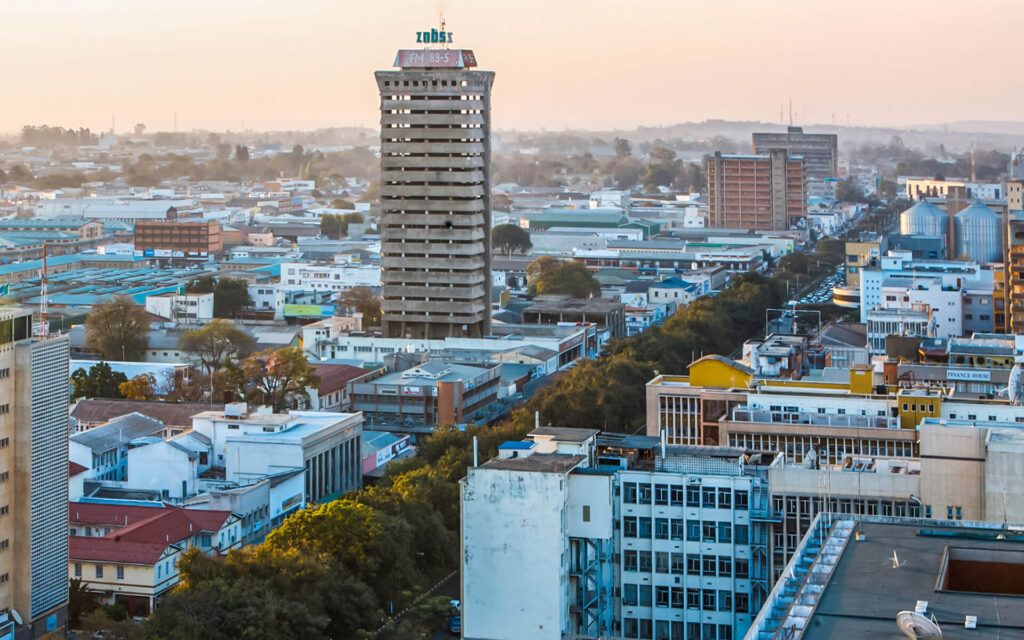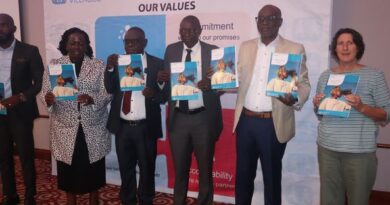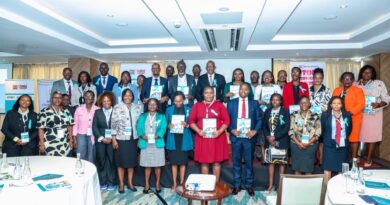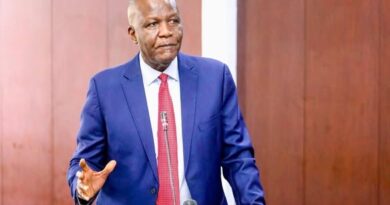Zambia’s Economic Outlook: A Balancing Act of Promise and Pressure
Zambian economy is showing strong macroeconomic balance with risk potentials, as this can also be a strong turning point to foster economic rebounds if steadily hold unto key fundamentals especially with the current positive trending with the convergence of factors at play.
After participating in yesterday’s economic event at the Mulungushi Conference, I think Zambia has a number of considerable to work with and I feel we have what it takes to positively change this country for the betterment of all stakeholders but we need some levels of policy discipline.
As Zambia stands at a crucial juncture in its developmental trajectory, it is imperative that we commit ourselves to a holistic economic transformation anchored in fiscal prudence, sectoral diversification and regional trade integration.
The 2025 outlook presents both promise and pressure. While positive GDP growth is driven by agriculture, mining recovery and fintech innovation, underlying risks such as energy instability, debt overhang, and constrained social services must be addressed with urgency and foresight.
We must accelerate the shift from input-based to output-driven budgeting. Every Kwacha allocated must deliver tangible value particularly in health, education, and youth empowerment. Formalizing the informal sector and supporting small businesses will widen our tax base and increase national productivity.
Agriculture remains our most inclusive engine for job creation. With over 40% arable land and millions of young people seeking opportunities, the time has come to invest decisively in high-value crop production, vertical integration, and regional exports. Let us build an agricultural value chain that feeds the nation and the region.
Our public-private engagement must evolve into genuine strategic partnerships. Local businesses need targeted support through tax incentives and capacity building. We must prioritize Zambian ownership and participation across key economic sectors, especially as we implement local content policies and industrial development frameworks.
Finally, I welcome the pivot in international policy from aid to trade, as this shift clearly affirms Zambia’s right to dignified, sovereign economic development. Let us leverage our mineral wealth, renewable energy potential, and geographical location to become a competitive, export-driven economy.
The path forward demands courage, collaboration and consistency. With sound policy, collective resolve, and a people-first development mindset, Zambia can and will rise as a resilient, self-sustaining nation.



